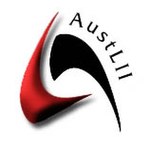
The Australasian Legal Information Institute (AustLII) is an institution operated jointly by the Faculties of Law of the University of Technology Sydney and the University of New South Wales. Its public policy purpose is to improve access to justice through access to legal information. [1]